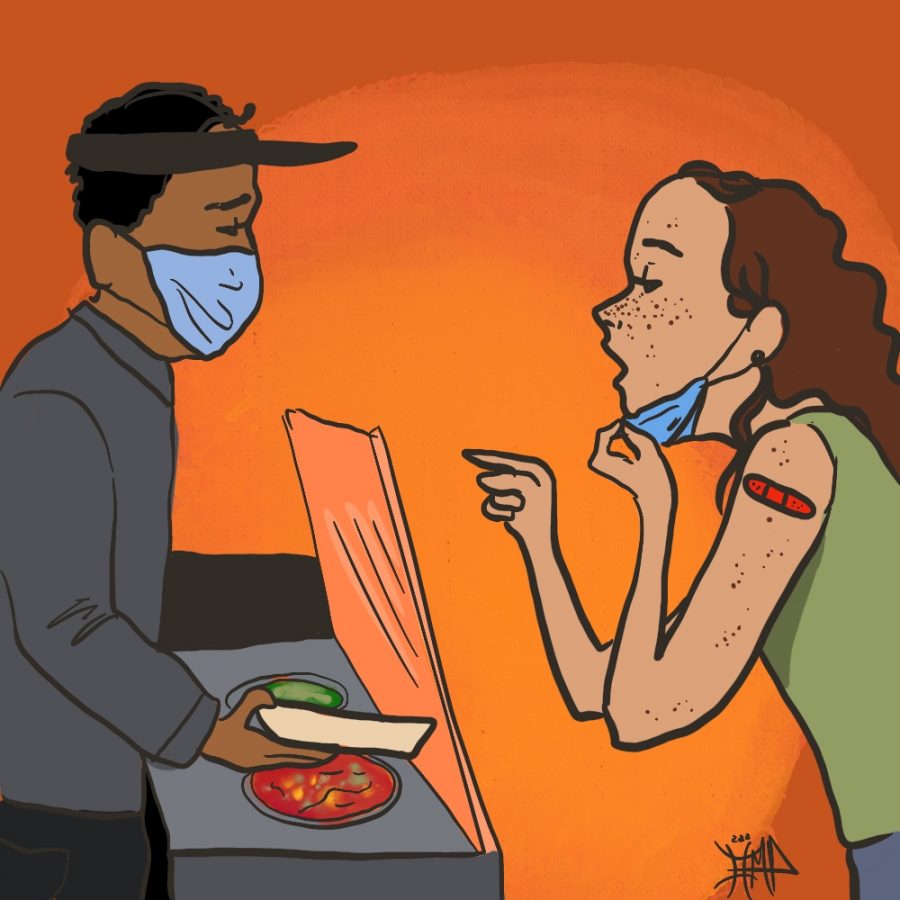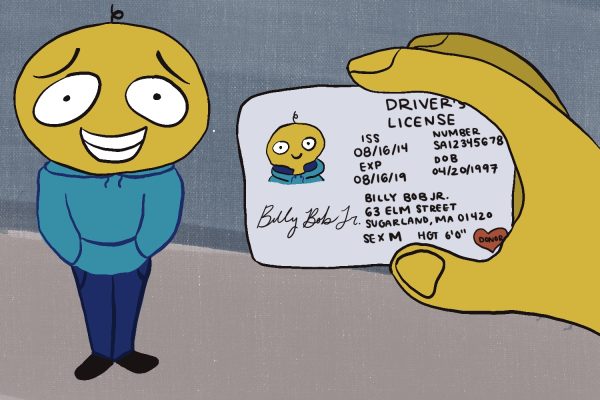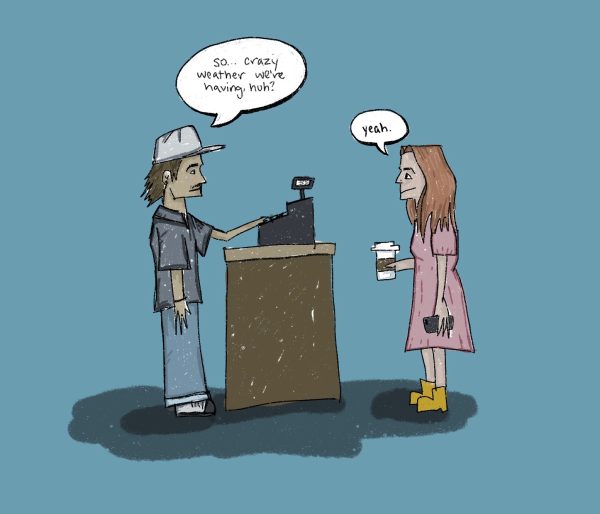Food workers need vaccines, now
April 5, 2021
Vermont’s food service workers should all be eligible for the COVID-19 vaccine already.
In Governor Phil Scott’s current plan, health care workers have been eligible for vaccination for months, as they should be. Childcare workers have been eligible for weeks, as they too should be. However, there is one major section of the workforce that the Vermont state government has overlooked.
Food service workers are still being asked to spend every shift, facing maskless customers, even more so as Vermont’s hospitality industry reopens.
Vermont’s restaurants have been allowed to operate at limited capacity since the first lockdowns lifted in summer 2020. Even in November 2020, when Scott banned multi-household gatherings, multiple establishments in the state remained open.
Burlington bars are now allowed to open as well, following the same guidelines as restaurants: 50% occupancy and a 10 p.m. curfew, according to a March 24 VTDigger article.
All these guidelines do is create the appearance that Vermont’s government cares about the danger of coronavirus spread in restaurants and bars. You can’t eat with a mask on, and even though many restaurants ask their guests to mask up when servers walk by, many people still refuse to do so, with no thoughts for servers’ safety.
Some even ignore safety precautions on purpose. On March 20, a crowd of maskless people marched down Church Street, entering businesses and chanting anti-mask slogans, according to a March 23 Cynic article.
People like this do not restrict their plague-spreading ways to their rallies – every worker they come in contact with has to deal with them.
As if that were not enough of an issue, after each unmasked group leaves, another takes their place at the table, a different set of people who could potentially have COVID-19 and not know it. If even one patron has the virus, the restaurant’s entire staff will be exposed.
The data backs up these concerns. Between January and March, food service workers had the highest COVID-19 infection rate of any occupation in Vermont, according to a different March 24 VTDigger article.
Food service workers caught the disease at a rate of 11.45 cases per 1,000 workers, the article stated.
For a state that claims it has been one of the best in the nation at keeping its residents safe from COVID-19, this is ridiculous.
A significant amount of Vermonters work in food service, and of those, many are in age brackets that will not become eligible for vaccination until mid-to late April, meaning they will only be fully vaccinated by June at the very earliest.
Many jobs do not provide workers with insurance or hazard pay, and these workers cannot simply find a safer job until they are vaccinated.
This means that for at least two more months, if not longer, workers in what is currently Vermont’s highest-risk occupation will be unprotected against a virus that kills even young, healthy people.
In addition, according to a March 31 VTDigger article, students from other states attending college in Vermont will not be eligible for vaccines here.
Many service workers, including myself, are students who grew up elsewhere and whose drivers’ licenses were issued by our home states – we live, study, work and vote here, and place ourselves in dangerous situations for our pay, but we will be barred from receiving vaccines unless we drive for hours to get them.
Most food service jobs also pay hourly wages, and low ones at that. Vermont’s minimum wage is $11.75 per hour. A full-time minimum wage job makes for $470 a week, not enough for many people to comfortably afford both food and housing, and many service jobs (including mine) are part-time.
Contracting COVID-19 would send a food service worker home for at least two weeks, meaning they would miss out on more than half a month’s pay, probably spread the virus to the people they live with, and possibly be unable to pay rent or feed themselves and their families through and after their illness.
However, the Vermont state government refuses to protect these workers with earlier vaccine availability. The Vermont Health Department’s website does not mention restaurant, grocery, or other food service workers anywhere in its vaccine guidelines.
This means that people in this line of work who are over 30 years old will still have to wait until April 12 to sign up for vaccination appointments, and those between 16 and 29 years old will have to wait until April 19.
There is something almost sinister about Vermont’s most powerful people stressing the importance of reopening restaurants and bars while refusing to put equal stress on protecting those working there.
There is no excuse for cutting corners in terms of safety a year into the pandemic when we already have this much information about the coronavirus.
Scott must amend his plan and make vaccines available to anyone and everyone who works at a Vermont restaurant, cafe, or bar, effective immediately.








![Can’t buy me [self] love](https://vtcynic.com/wp-content/uploads/2024/04/self-care-FINAL-600x398.jpg)








